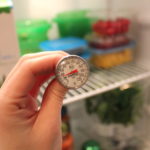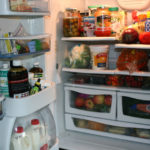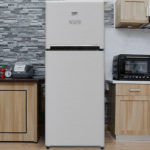1Adjust the refrigerator temperature according to the amount of food
Properly setting the temperature of your refrigerator is crucial for optimal energy efficiency and cost savings. Setting the temperature too high can cause food spoilage, while setting it too low can result in freezing and food damage.
2Seal food tightly in the refrigerator
When storing leftover food in the refrigerator, it is essential to seal it properly. By using sealed containers or food wrap, you can maintain food moisture and prevent excessive compressor workload, reducing energy consumption.
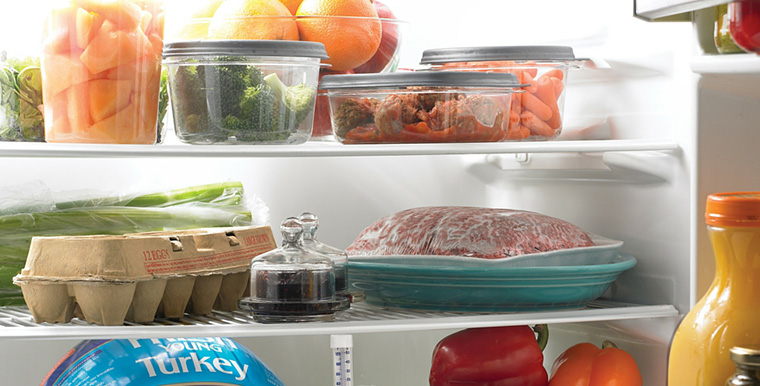
3Avoid leaving the refrigerator empty
While filling the refrigerator with food can increase its workload, keeping it empty is also not advisable. The cooling mechanism of the refrigerator relies on the presence of cold food items, which help maintain optimal cooling.

If you have empty spaces in the refrigerator, the compressor has to work harder to cool those spaces, resulting in higher energy consumption. If you don’t have a lot of food, fill the empty space with bottles of water to minimize energy waste.
4Replace refrigerator gasket when necessary
Refrigerators are equipped with rubber gaskets that prevent hot air from entering the device. However, these gaskets can deteriorate over time and lose their sealing capability.
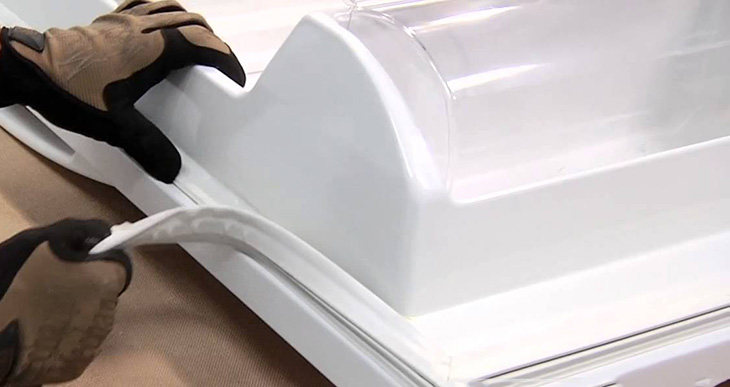
You can check if the refrigerator gasket is damaged by the following methods:
- If the refrigerator door feels loose and easily pulled without suction.
- Place a piece of paper on the door and close it. If the gasket is still intact, it will be difficult to remove the paper.
- Place a flashlight inside the refrigerator and close the door. If you see light shining outside, the door is not tightly closed.
Replacing a damaged gasket will ensure stable temperature control, prevent cold air loss, and improve energy efficiency.
5Check and clean the condenser coil
The condenser coils in the refrigerator are responsible for cooling. If these coils become dirty, their efficiency decreases, negatively impacting food quality and increasing electricity costs.
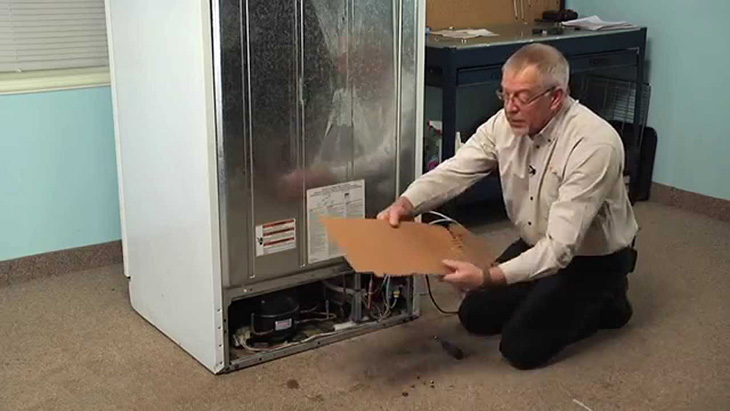
Regularly checking and cleaning the condenser coils at least 2 to 3 times a year is recommended. If cleaning doesn’t improve cooling capacity, consider replacing the coils.
6Limit prolonged refrigerator door opening
Opening the refrigerator door for extended periods allows warm air to enter and affects cooling performance. This forces the refrigerator to work harder, leading to increased energy consumption.

Breaking this habit will help save electricity and prolong the refrigerator’s lifespan.
7Place the refrigerator in a well-ventilated area, away from heat sources
Ensure that the refrigerator is positioned in a location far from heat sources. Avoid direct sunlight or proximity to heating and light-emitting devices. Placing the refrigerator in a high-temperature environment hampers its performance and lifespan.
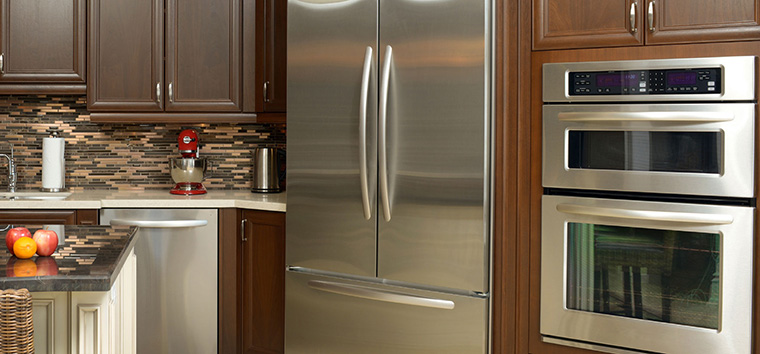
Following these tips will help prolong the lifespan of your refrigerator, maintain optimal performance, and ensure proper food preservation. Best of luck!


